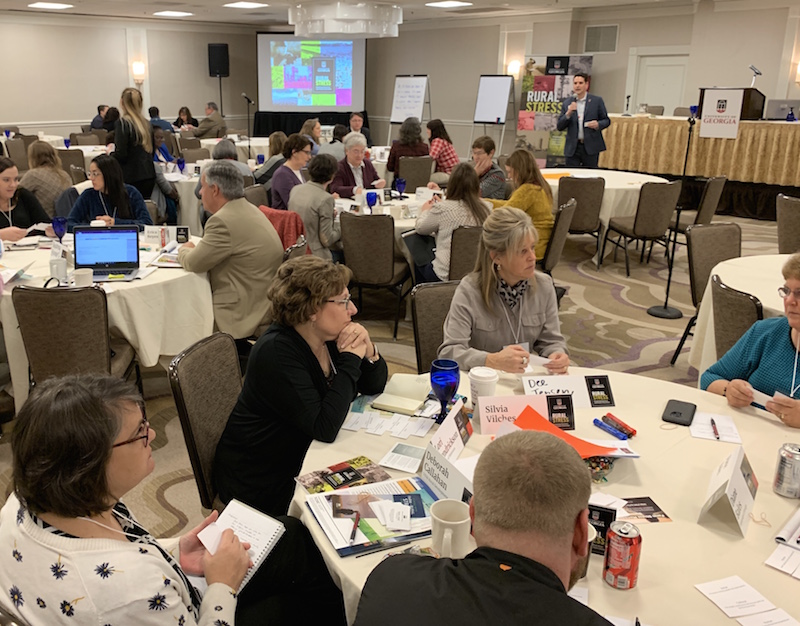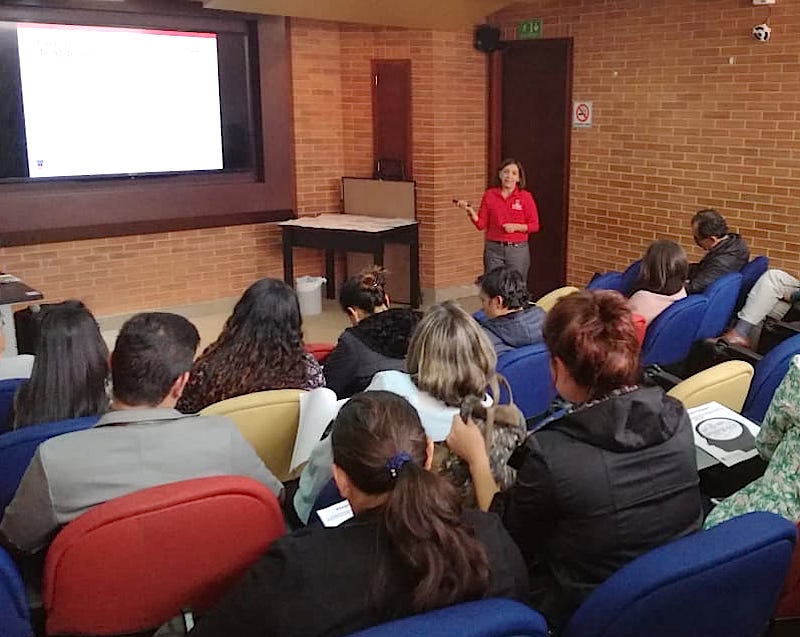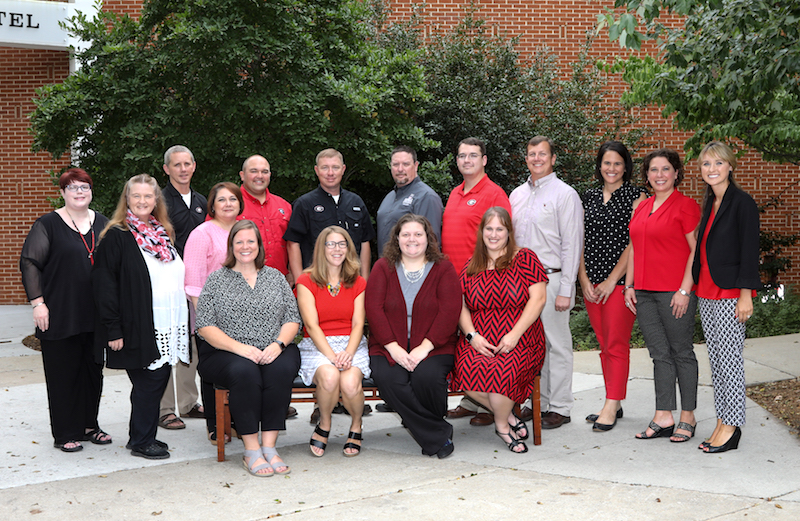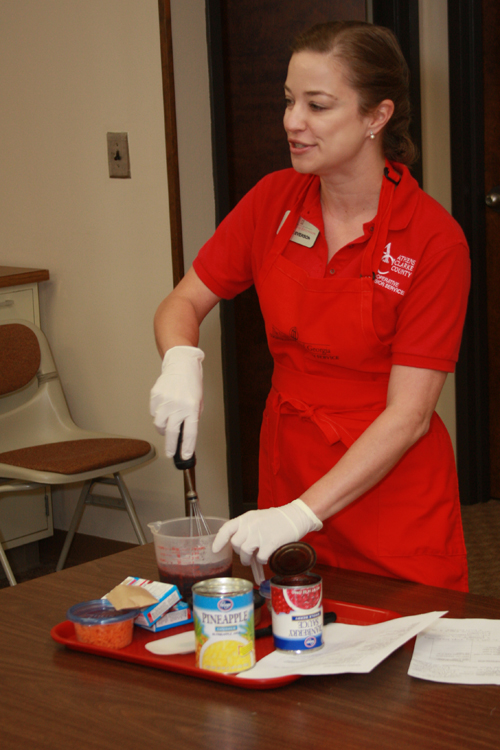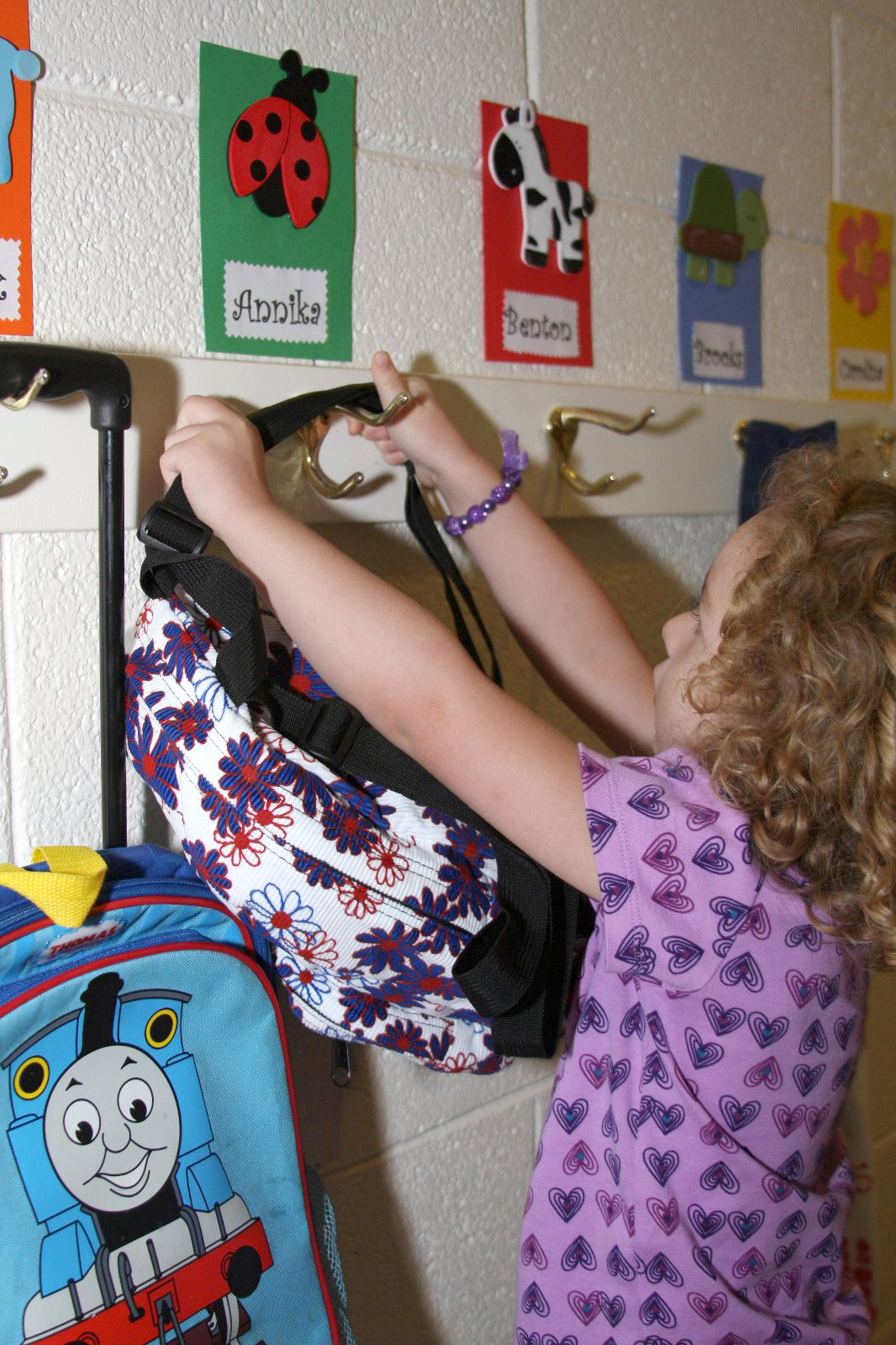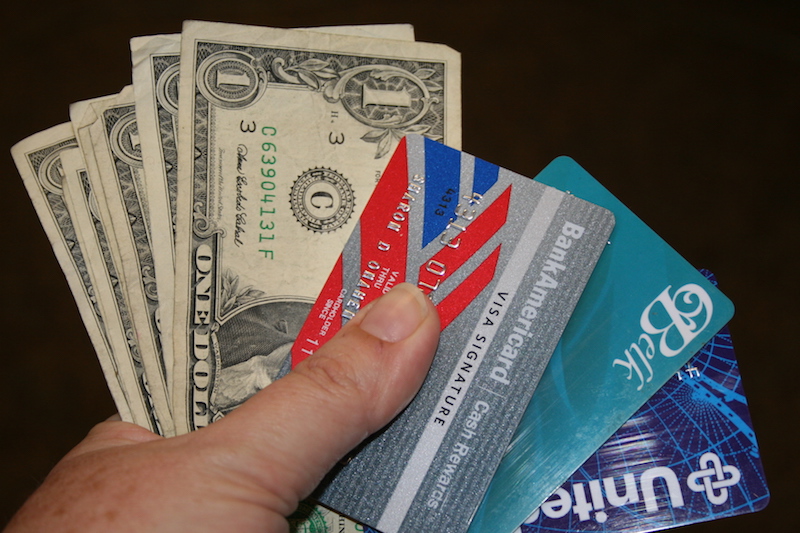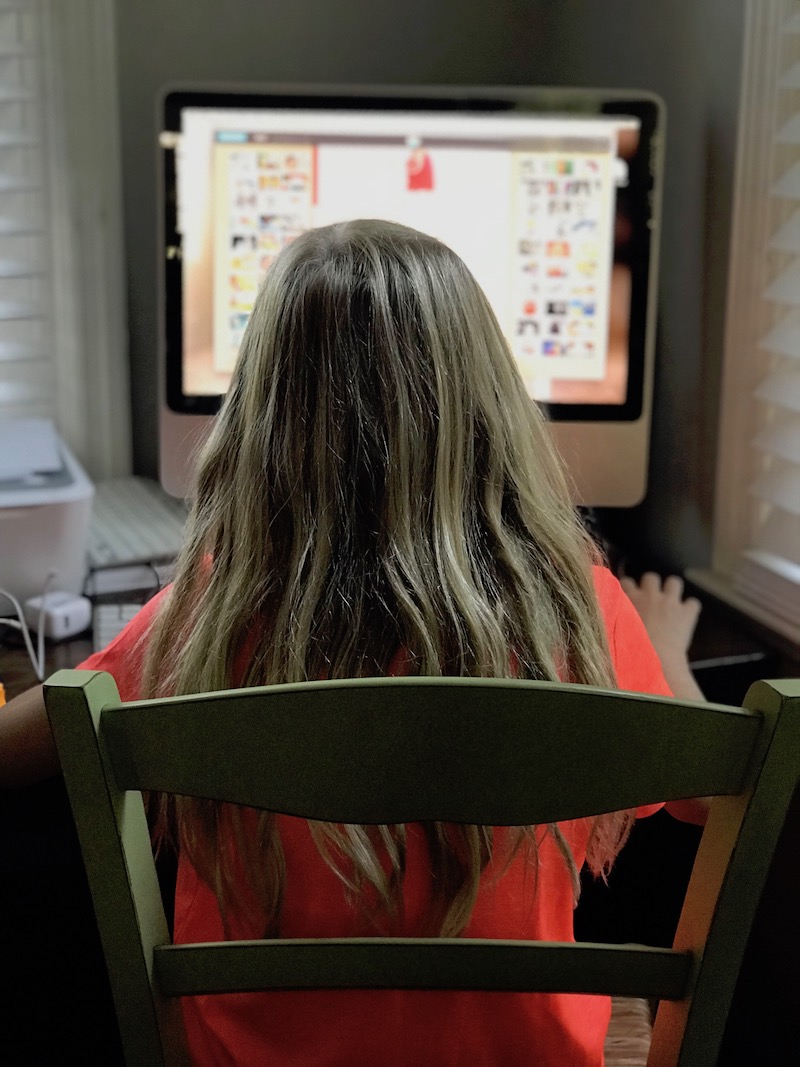 CAES News
CAES News
Toy Safety
When toy shopping for children, shopping at your favorite store or clicking a button online involves a certain responsibility. It’s important to choose wisely when buying holiday toys to make sure your gifts aren’t an unintentional safety hazard.

